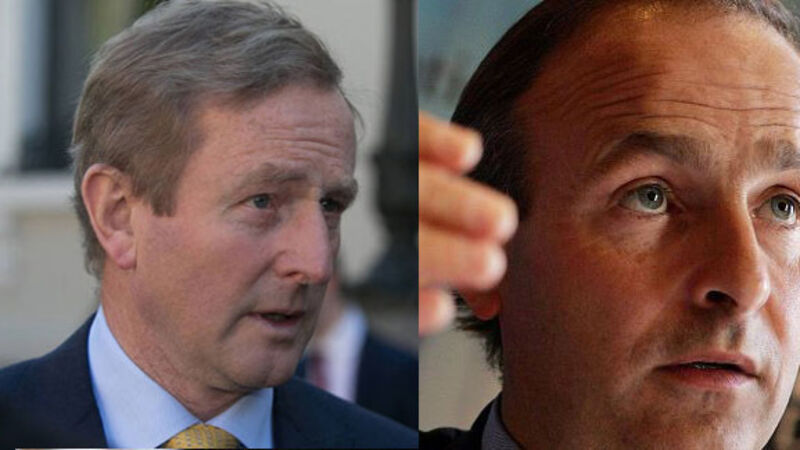Government deal - Devil is in the lack of details

Loosely referred to as “A confidence and supply arrangement for a Fine Gael-led government”, the document contains one particular line which is already causing much confusion about the payment of bills from Irish Water, the most contentious issue in Irish politics and one which has brought tens of thousands of angry people onto the streets for protest marches.
The line in question is the somewhat vague statement that those who have paid their bills “will be treated no less favourably than those who have not paid”. What does it mean? Given the broad brushstroke used in an obvious attempt to gloss over this potentially explosive issue, the phrasing is as near to meaningless gobbledegook as you are likely to come across.














